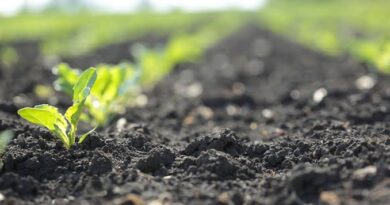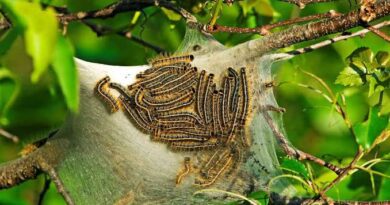Impact of Livestock Diseases and Solutions
Livestock diseases are illnesses that affect animals raised on farms, such as cows, pigs, chickens, and sheep. These diseases can be caused by bacteria, viruses, parasites, or fungi. They can make the animals sick, reduce their growth, lower their production of milk, eggs, or meat, and sometimes cause death.
Common examples include foot-and-mouth disease, avian flu, and mastitis. Managing livestock diseases involves good hygiene, vaccinations, proper nutrition, and sometimes medications to keep the animals healthy.
Livestock diseases and/or parasites constitute a serious impediment to animal productivity. Disease sharply reduces productivity of livestock especially ruminants across the different agroecological zones and production systems.
The extent to which a particular disease affects livestock productivity depends on the disease in question, the level of nourishment of the animals and the type of production system.
General Effect of Diseases on Productivity

Diseases generally reduce productivity in ruminants or on any livestock farm. The losses in productivity manifest in several ways. In ruminants, these include poor weight gain, reduced milk yield, poor feed conversion, poor reproductive capacity, abortion, low birth weight, reduced work capacity in draught animals and even death.
1. Reduction in Feed Intake and Utilization
Ruminants and animals generally go off feed when they come down with a disease and therefore their performance or productivity is reduced. Some diseases on the other hand affect metabolic processes and consequently reduce feed utilization.
Furthermore, a reduction in feed intake and utilization can influence the course of a disease. It is generally accepted that malnourished and undernourished animals are poor in withstanding diseases and/or parasites.
Some Parasites causing diseases such as helminthes also utilize nutrients from digestion meant for the host animal therefore further compounding the problem.
Read Also: Basic Guide for Proper Treatment of Fish and Fish Diseases
Pathophysiological Damage
Diseases and parasites cause significant pathophysiological damage to host organs/cells and some these pathologies can be extensive. Diseases caused by parasites in the blood such as babe- sia and trypanosome species cause destruction of red blood cells resulting in anaemia.
Some helminthes like trichostrongylus (4th stage larvae) cause rapid decline in packed cell volume (PCV) and injury to the abomasal glands. In some ectoparasite conditions, extensive damage to the skin by ectoparasites can lead to a reduction in the quality of the hides and skin.
1. Reduced Productivity Due to Subclinical Conditions
An important aspect of effect of disease on productivity is the continuous economic impact of subclinical diseases or parasitism which is often inadequately quantified.
Ruminants with sub- clinical conditions have reduced productivity but because these animals do show obvious clinical disease are rarely given attention but they cause serious economic losses. Diseases and parasites in ruminants must be controlled to achieve the much desired improvement in productivity.
In summary, we have discussed the effects of diseases and parasites on livestock productivity. We have also seen how diseases cause their negative effects on livestock productivity and that disease and parasites of livestock must be controlled to achieve improved productivity.
Diseases generally reduce productivity in ruminants and all livestock species. Diseases cause reduction in productivity through poor weight gain, reduced milk yield, poor feed conversion, poor reproductive capacity, abortion, low birth weight, reduced work capacity (in draught animals) and death. Subclinical diseases also reduce productivity by reducing performance.
Read Also: General Impact of Wastes on Environment









